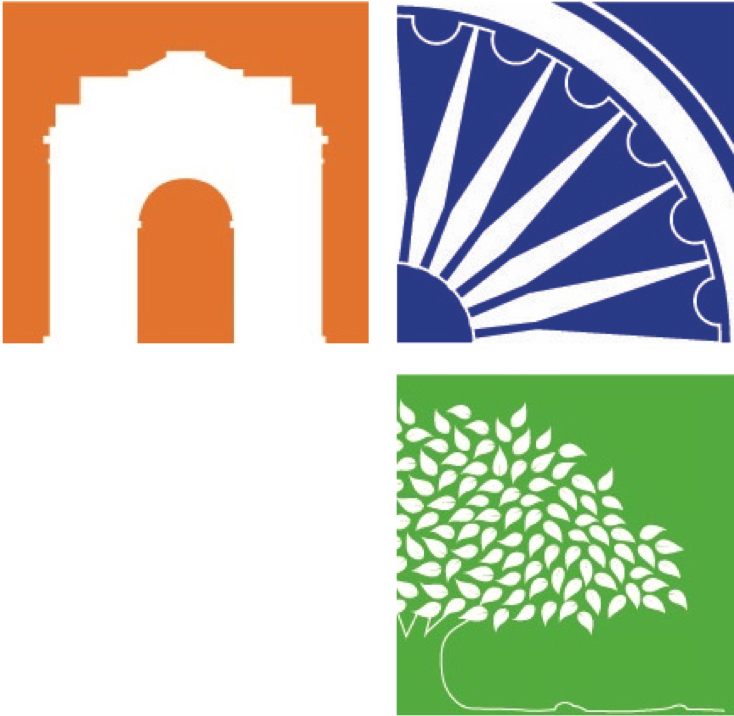INDIA
“India is the cradle of the human race, the birthplace of human speech, the mother of history, the grandmother of legend and the great grandmother of tradition.” - Mark Twain, literary icon
The Republic of India, with over 1.3 billion people, is the world’s largest democracy and its fastest growing major economy.
Home to the ancient Indus Valley Civilization as well as a region of historic trade routes and vast empires, the Indian subcontinent has been associated with commercial and cultural wealth for much of its history. Four world religions -- Hinduism, Buddhism, Jainism and Sikhism -- originated here and Zoroastrianism, Christianity and Islam arrived in the 1st millennium CE, helping shape the region’s diverse culture. Gradually brought under the direct administration of the United Kingdom from the mid-19th century, India became an independent nation in 1947 after a struggle for independence that was marked by a non-violent resistance led by Mahatma Gandhi.
Since independence, India has steadily emerged as a significant voice in the international arena. Its economic achievements, particularly over the past two decades have been well documented and its democratic values have helped bind the nation’s pluralistic, multilingual and multiethnic society. At the same time, the country faces myriad complexities as it deals with diverse issues, which is natural for a developing nation of its immense size and potential.
Sources: Incredible India; Government of India





